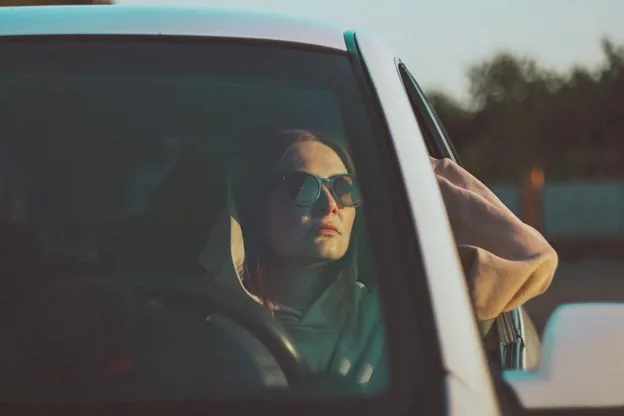
When you’re in some place out of your comfort zone or just want the convenience of personalized road trips, renting a vehicle can be quite handy. It’s a different matter, however, when you encounter an accident while using your leased transport.
It’s when you may need this guide to help you out in this dire situation.
Freeze & Focus: Safety First After the Crash
You’ve just been in an accident in a rental car abroad—your heart’s racing, but you need to act fast or be caught helpless. First, you need to get everyone out of harm’s way. Then, check for injuries and call local emergency services immediately.
Remember, even minor crashes can conceal serious injuries—so don’t skip or skimp on your medical evaluation and care.
Local Law & Rental Rules: Dot Every ‘i’
Once safe, contact the local police and authorities. In many countries, police records are essential proof, whether it’s for your insurance or pinpointing negligence. Just ask for your own copy and note the case or report number of your incident.
Next, report right away to your rental firm what happened. Some procedures for rental institutions may differ: when renting from Budget, for example, you need to file an accident report form and fax it back within their deadline–otherwise, your loss damage waiver (LDW/CDW) may be jeopardized.
Document Like a Pro
Even if you’re a pro, the chaos of the mishap can often cloud your ability–but you need pure and competent data and details, so you may need to:
● Snap photos of the damage, license plates, surrounding scenery, and skid marks.
● Exchange names, licenses, and insurance info with others involved.
● Note the time, location, weather, plus witness contacts.
You have to organize it all neatly—your claim success depends on the clarity and credibility of your presentations.
Handle Insurance Like a Road Warrior
You need to check your coverage right away. Travel insurance with collision coverage is common—about 78% of international travelers purchased medical add-ons, so yours may have it well-covered. Also, LDW/CDW or travel insurance protection could ease your costs– always double‑check details—some credit cards offer primary coverage, might as well verify yours.
You may need to watch out for “loss‑of‑use” fees—rental companies often charge extra for downtime, and your personal policy may not cover them.
Anchor Legal Help When Things Get Complex
If liability is unclear, injuries are serious, or you’re dealing with other legal hurdles, don’t tread on your own. In situations like these, car accident injury lawyers can help — they specialize in coordinating claims, interfacing with firms and insurers, and protecting your rights when regulations and laws complicate your situation.
Track Expenses & Stay Composed
Get receipts and invoices—towing, towing fees, medical treatment, and other receipts. You need to track your communications with your insurers and the rental company. You might need reimbursement and other reparation support later, so file as meticulously as possible.
Often, personal insurer claims after a rental accident can increase your premiums by up to 43% if you’re at fault, so it’s best to take it all in stride.
Wrap It Up & Learn for Next Time
When the dust settles, review what you’ve been through:
● Did your travel insurance or card cover it?
● Were there hidden fees?
● What would you do differently?
It may also be best to always decline unnecessary add‑ons at the counter, but verify your credit card and personal auto insurance cover foreign rentals first–in the future.
Bottom Line
You’ve just faced an ordeal, but your response to it can shape how big—or small—it becomes for your pocket, legal experience, and overall wellness. Often, travelers hit by rental‑car mishaps abroad can emerge wiser, with minimal stress—and major stories behind them–so keep control of your outcomes. Safe travels!
